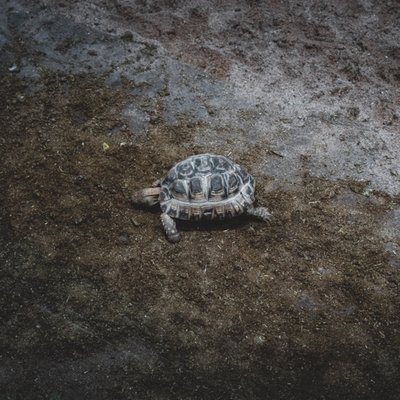- Examples
También usamos el presente simple para hablar de hábitos, rutinas o costumbres. | We also use the present simple to talk about habits, routines or customs. |
Cuando domines el presente simple, sigue al passé composé (tiempo pasado). | Once you've mastered the simple present, continue onto the passé composé (past tense). |
También podemos utilizar el presente simple para referirnos a un futuro planeado inmediato. | We can also use the present tense to refer to an immediate and planned future. |
En muchas aplicaciones, incluido el presente simple, usamos un cuadro de diálogo para seleccionar un archivo. | In many applications, including this simple, we use a dialog box to select a file. |
Cuando domines el presente simple, sigue al passé composé (tiempo pasado). Piensa en voz alta. | Once you've mastered the simple present, continue onto the passé composé (past tense). |
Los verbos separables compuestos se separan en el presente simple y en el pretérito: Afwerken (finalizar, ultimar) | Separable compound verbs fall apart in the simple present and past: Afwerken (to finalize) |
Hay verbos que casi siempre toma el presente simple incluso cuando hablamos de acciones pasando ahora. | There are some verbs that almost always take the present simple form even when we talk about actions happening now. |
En algunos casos podemos encontrar el presente simple para contar una acción que ocurrió en el pasado. | In some cases we can also find the present simple to tell an action that happened in the past. |
Si tienes alguna pregunta sobre cómo formar y usar el presente simple en inglés, escríbela en los comentarios. | If you have questions about how to form and use the present simple tense in English, write them in the comments. |
Cuando alguien dice algo en el presente simple, podemos mantener el tiempo verbal en el reported speech. | When someone says something in the present simple, we can also report this speech in the present simple. |
En vez de usar el condicional para ofrecer algo a alguien, podemos usar simplemente el presente simple en una frase interrogativa. | Instead of using the conditional to offer something to someone, we can use a simple present tense interrogative style question. |
Usamos el presente simple para revivir la historia, para hacer la acción más cercana al hablante en el tiempo. | We use the present simple to bring the story to life, to make the action closer to the speaker in time. |
En esta lección de la Cambridge University Press, Anna compara y contrasta el presente continuo y el presente simple usando algunas frases. | In this lesson from Cambridge University Press, Anna compares and contrasts the present continuous and present simple tenses and how we use them. |
ALGUNOS USOS GENERALES Usamos el presente simple para expresar verdades y hechos que son válidos para siempre y no solo para el presente. | SOME GENERAL USES The present simple is used to express events that are always true and not necessarily only valid or true now. |
Aunque tenemos un tiempo futuro para referirnos a acciones o eventos que tienen lugar en el futuro, utilizamos a menudo el presente simple. | Although we do have a future tense to refer to actions or events that take place in the future, the Dutch often use the simple present. |
Cuando una acción se repite en nuestras vidas y forma parte de nuestra forma de vida del día a día, hablamos sobre ella usando el presente simple. | When an action is repeated in our lives and forms part of our day-to-day way of life, we will speak about it using the present simple. |
Dificultad: Principiante Reino Unido En esta lección de la Cambridge University Press, Anna compara y contrasta el presente continuo y el presente simple usando algunas frases. | Difficulty: Beginner United Kingdom In this lesson from Cambridge University Press, Anna compares and contrasts the present continuous and present simple tenses and how we use them. |
Uno de los puntos esenciales que hay que recordar es que este tiempo no se puede usar para describir las actividades cotidianas del día a día: para esto se usa el presente simple. | One of the main points to remember is that we cannot use this tense to describe our general daily lives- that must be done with the present simple. |
Así que si quieres decir algo que ocurre todos los días, constantemente o regularmente, o si quieres hablar sobre algo que es un hecho comúnmente conocido, usa el presente simple. | So if you want to say that something happens every day, constantly, or regularly, or if you are speaking about something that is a commonly known fact, then use the present simple tense. |
Ya hemos visto y te hemos explicado cómo se construyen las oraciones en inglés con el presente simple, así que ahora es el momento de aprender algo sobre el pasado de los verbos. | Since we have already reviewed with some of you and taught others, how to construct sentences in English using verbs in the present simple tense, it's time to learn something about past tense verbs. |
Random Word
Roll the dice and learn a new word now!
Want to Learn Spanish?
Spanish learning for everyone. For free.















